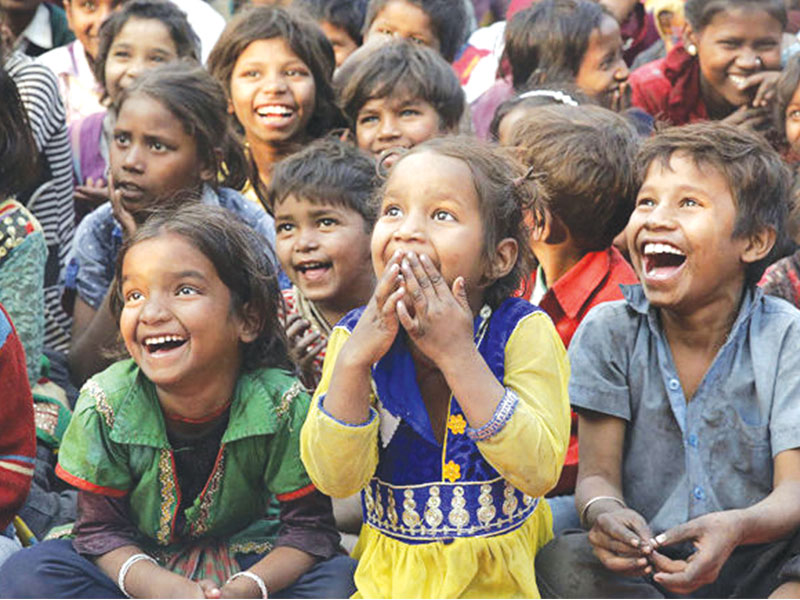– Autar Nehru (Delhi) Almost every private school and education minister at the Centre and in the states have been proclaiming great success in smoothly switching over to online teaching-learning following prolonged closure of all education institutions since mid-March in the wake of the global outbreak of the novel coronavirus pandemic. But surveys/studies conducted by reputable NGOs including ASER Centre, Oxfam, Centre for Budget and Policy Studies among others, indicate these claims are over-hyped, and that 2020-21 may well be a ‘zero academic year’. Even in middle class homes, the majority of children haven’t been able to access Internet connectivity and/or digital devices because in most cases, the same device is being shared by working from home parents or siblings for studies. On the other hand, the digital learning initiatives of state and local governments have proved a dismal failure for the same reasons multiplied many times over. According to an August 2020 survey conducted by the National Council of Educational Research and Training (NCERT), a subsidiary of the Union education ministry, 30 percent of 9,000 students in Kendriya Vidyalayas, Jawahar Navodaya Vidyalayas (well-funded Central government schools) and upscale CBSE schools surveyed, reported that online classes are difficult and/or burdensome. In this scenario, even best online pedagogies aren’t achieving learning levels of conventional in-school classrooms. The big picture therefore is that the shift to online learning, which was an emergency measure, has at best engaged students but learning outcomes are likely to be poor. Against this backdrop of students floundering in shallows and misery, the conduct of examinations, which will measure what students have learnt online, has emerged as big a challenge as the shift to online education. Most school exam boards have completed the registration process for their public examinations and are set to announce the dates. Meanwhile a huge majority of students are reportedly under great stress as they haven’t attended physical and practical classes in their schools. Along with other stakeholders they want the uncertainty about exams to end. Gerry Arathoon, chief executive and secretary, Council for the Indian School Certificate Examinations (CISCE), which has 2,341 affiliated upscale schools nationwide, has written to chief ministers of all states/UTs to restart conventional classes for classes X and XII students who will be writing their school-leaving examinations next March, with effect from January 4, 2021, subject to school managements adhering to Union education ministry safety protocols. “If senior school students attend in-school classes, this time will be utilised for practical, project work and for doubts-clearing. This will be very beneficial for students who need to directly interact with their teachers,” says Arathoon. With legislative assembly elections due to be held in five states — Tamil Nadu, West Bengal, Assam, Puducherry and Kerala — in May-June 2021, Arathoon has also requested the chief election commissioner to share the election schedule so that board exams can be fitted in. Informed monitors of the national education scene in Delhi endorse Arathoon’s proposal to reopen schools for senior students in early January, giving…
Delhi: Rising reopening pressure
